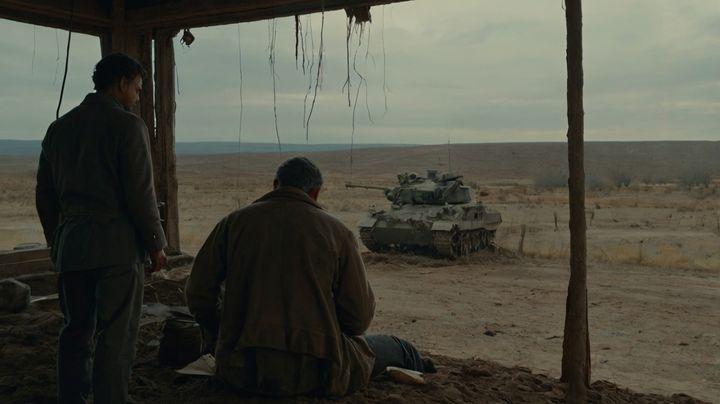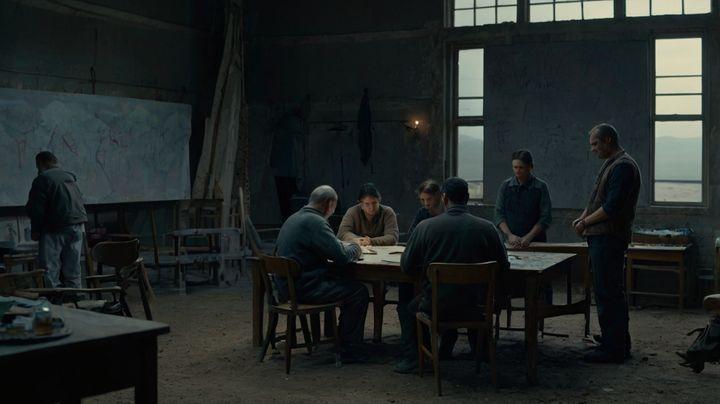How War Impacts Mental Health: Key Symptoms and Ways to Seek Help

The mental health impact of war is devastating and often underrecognized. Understanding the key symptoms and knowing where to seek help can make a significant difference in the lives of those affected.
Recognizing Key Symptoms
War brings about extreme stress and trauma, leading to a range of mental health issues. One of the most common conditions is Post-Traumatic Stress Disorder (PTSD). Symptoms of PTSD include flashbacks, nightmares, severe anxiety, and uncontrollable thoughts about the traumatic event. Individuals with PTSD may also experience emotional numbness and difficulty concentrating.
Another significant symptom is depression. The constant exposure to violence and loss can lead to persistent feelings of sadness, hopelessness, and a lack of interest in activities once enjoyed. Anxiety disorders are also prevalent, with symptoms such as excessive worry, restlessness, and panic attacks becoming common.
Children and adolescents are particularly susceptible to the mental health impact of war. They may exhibit symptoms such as regressive behaviors, trouble sleeping, and difficulty in school. The long-term psychological effects can hinder their development and overall well-being.
Seeking Help and Support
Addressing mental health issues during war is challenging but crucial. The first step is recognizing the symptoms and acknowledging the need for help. Mental health support can come in various forms, from professional counseling to community support groups.
Professional therapy, including cognitive-behavioral therapy (CBT), is highly effective in treating PTSD and depression. Therapists can help individuals process their trauma, develop coping mechanisms, and regain a sense of control over their lives. Medication may also be prescribed to manage severe symptoms of anxiety and depression.
Community support groups provide a safe space for individuals to share their experiences and find comfort in knowing they are not alone. These groups can offer emotional support and practical advice for dealing with the challenges of mental health issues during war.
International organizations and NGOs often provide mental health services in conflict zones. These services include mobile clinics, hotlines, and counseling centers, making it easier for individuals to access help. Raising awareness about these resources is essential to ensure that those in need know where to find support.
In conclusion, the mental health impact of war is profound, but recognizing key symptoms and seeking help can lead to recovery and resilience. Providing accessible mental health support and fostering community solidarity are crucial steps in addressing these challenges and aiding those affected by the ravages of war.




